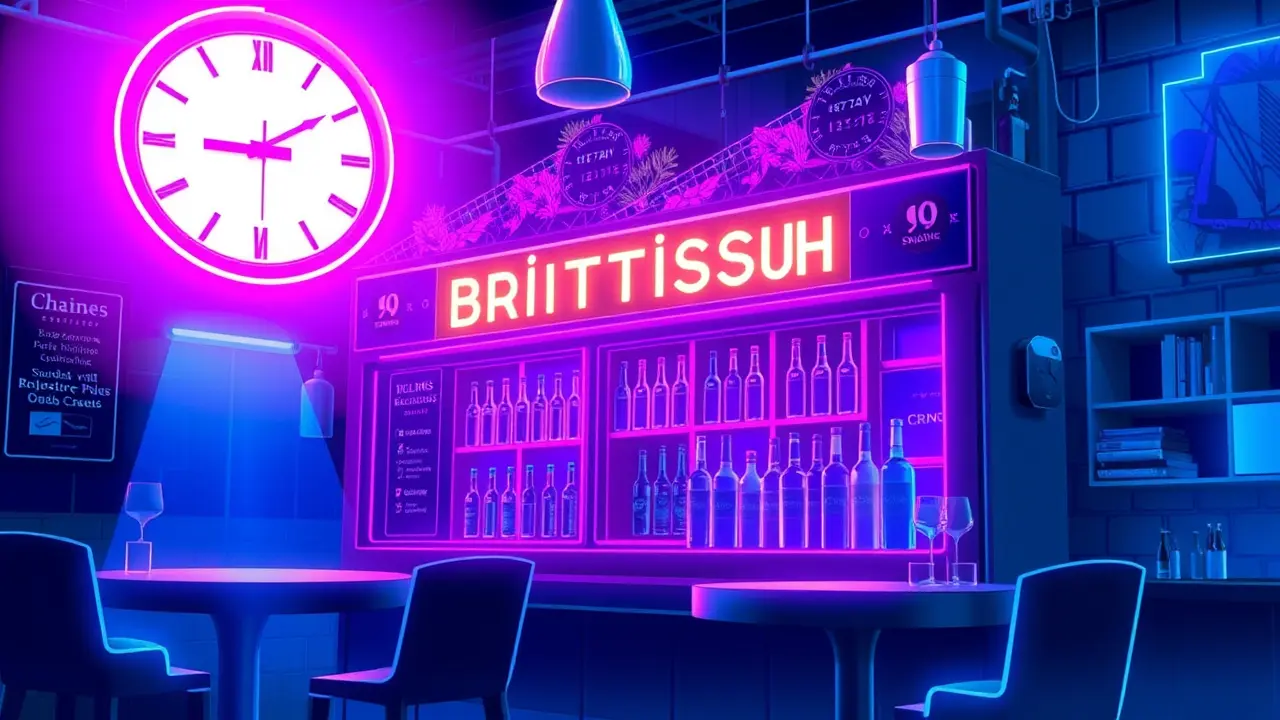Pub later-hours plan will not offset costs and wider difficulties, say landlords
The government’s new proposal to loosen licensing laws for pubs in England and Wales, ostensibly to revive the great British night out, is being met with a heavy dose of scepticism from those on the front lines. Publicans across the nation are staring down a perfect storm of 'ever-rising costs' and a 'reduced consumer spend' that no amount of extended opening hours can possibly quell.Imagine telling a small business owner drowning in a sea of escalating energy bills, inflated supplier costs, and punitive business rates that the solution is simply to stay open longer; it’s a bit like offering a bandage to someone with a broken leg. The core issue isn't a lack of operational hours, but a fundamental erosion of disposable income among the traditional pub-goer, who is increasingly choosing the affordability of a supermarket six-pack over the communal, yet costly, experience of a local.This isn't a new phenomenon, but rather the acceleration of a trend that began with the smoking ban and was supercharged by the pandemic, which permanently altered social habits. The government's move feels like a political gesture, a nod to a romanticised vision of British culture, while ignoring the brutal economic calculus that is forcing pubs to shut their doors for good at an alarming rate.To truly understand the depth of the crisis, one must look beyond the pint glass and into the ledgers: the average pub is grappling with cost increases of 20-30% across the board, from ingredients to labour, while customers are cutting back on rounds and premium brands. What’s needed isn't just permission to open until 4 a.m. ; it's a comprehensive support package that addresses the structural cost burdens, perhaps through meaningful business rate reform or targeted VAT relief for hospitality, measures that would provide immediate relief rather than a speculative potential for increased revenue.Without such intervention, this licensing liberalisation risks being a hollow victory, allowing pubs the freedom to host longer, emptier, and ultimately more loss-making evenings. The conversation needs to shift from the clock on the wall to the balance sheet on the table, because saving the British pub requires an economic solution, not just a temporal one.
It’s quiet here...Start the conversation by leaving the first comment.
© 2025 Outpoll Service LTD. All rights reserved.
